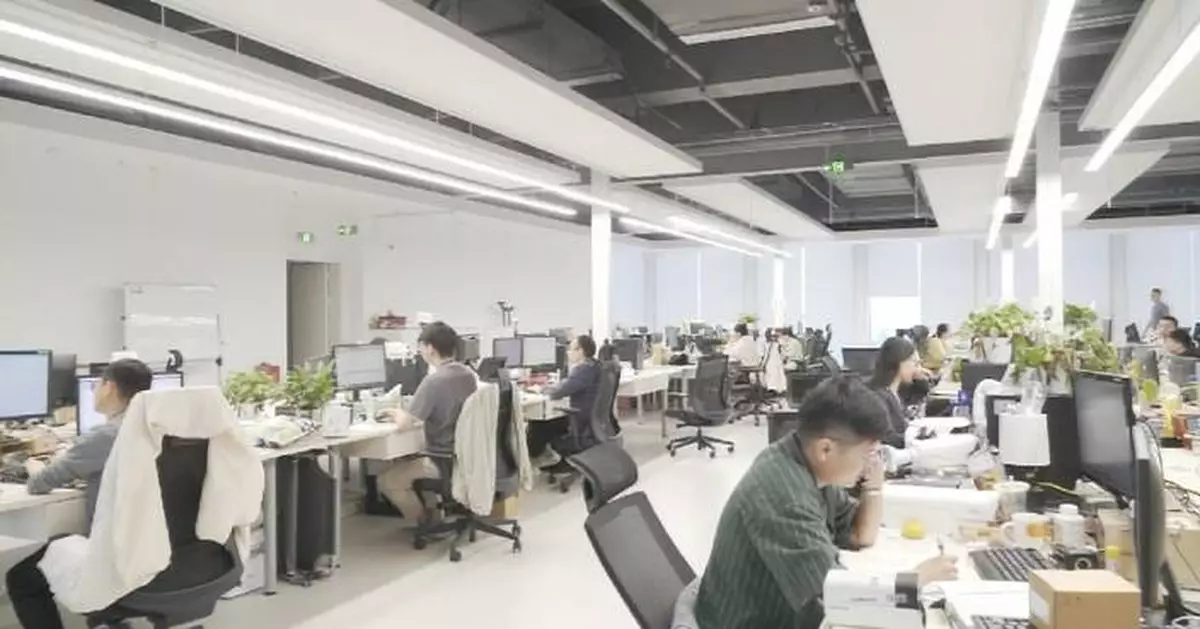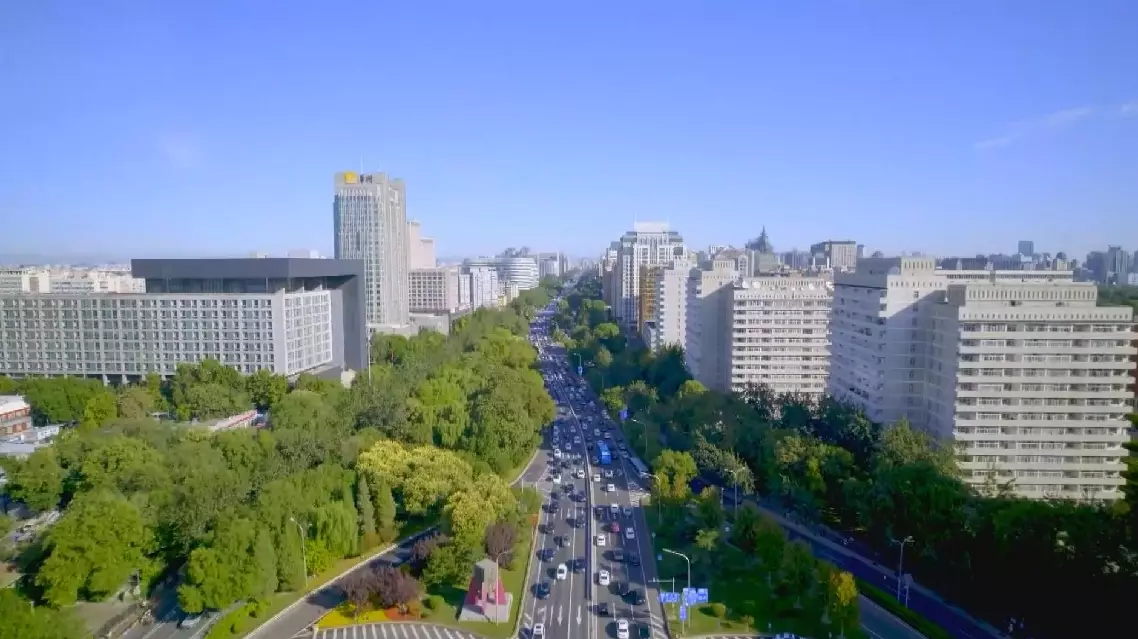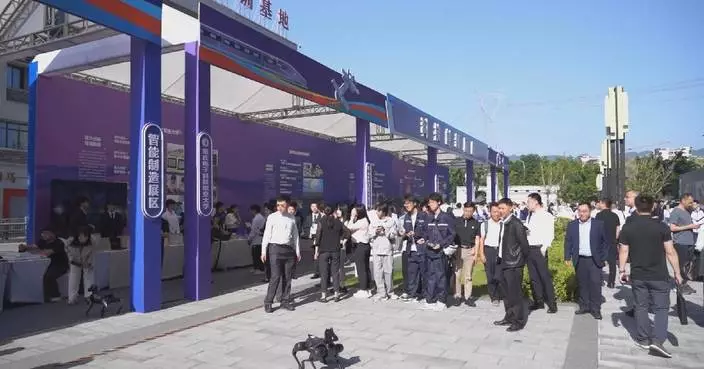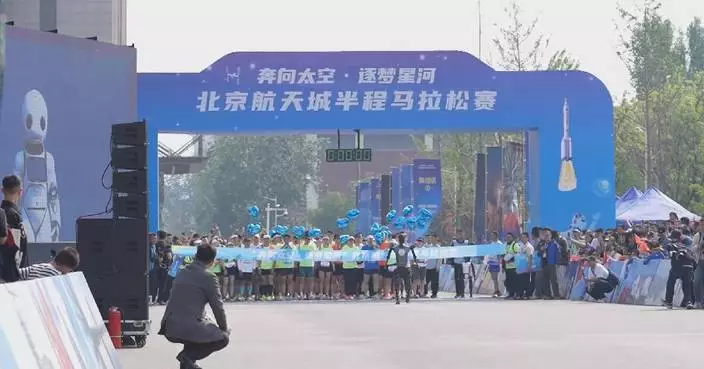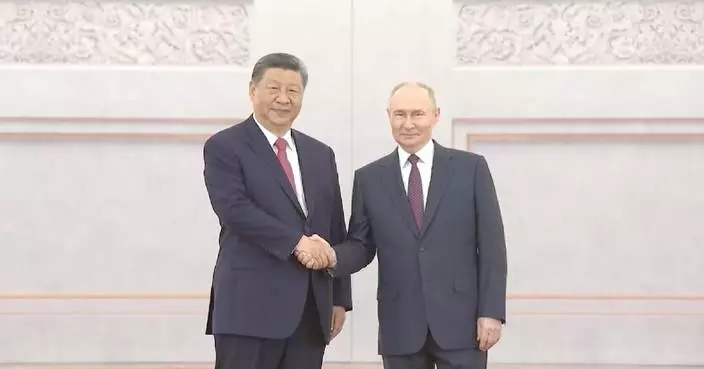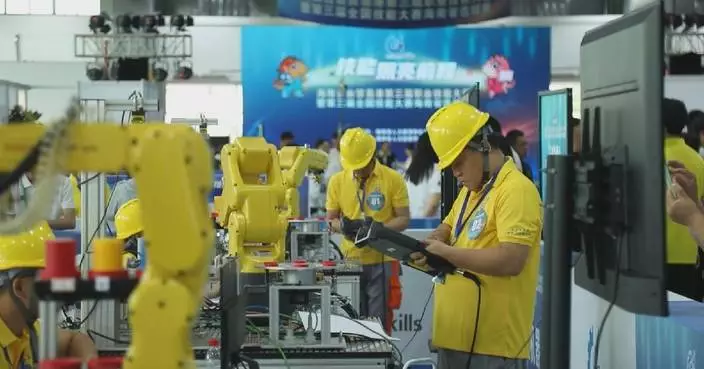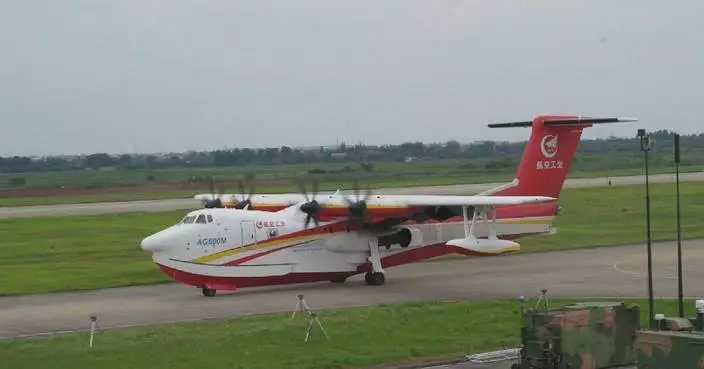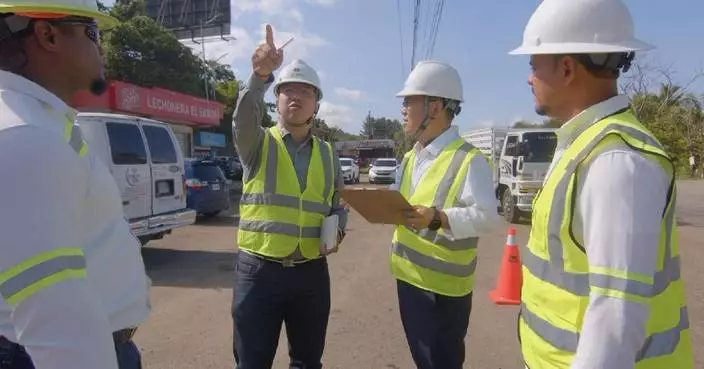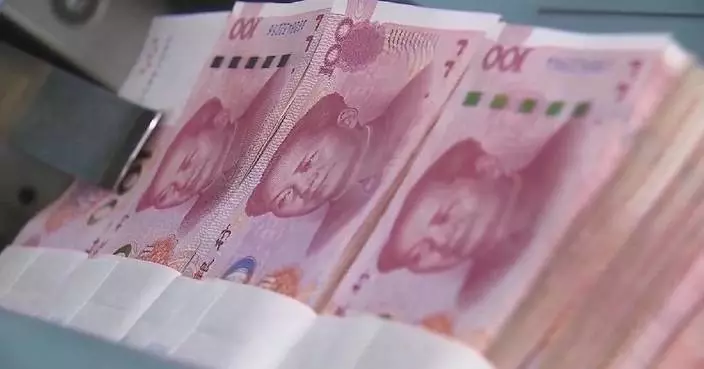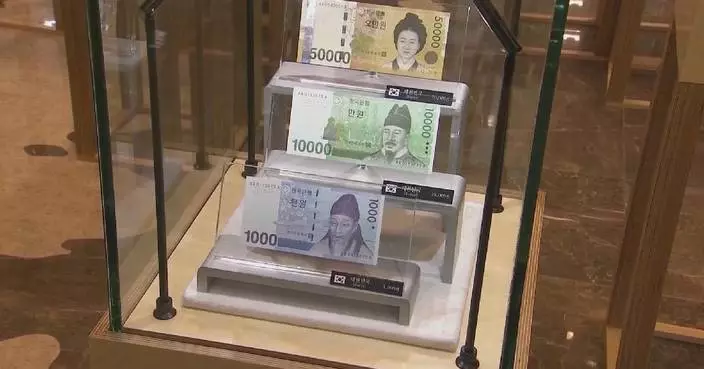China has built the world's largest and most advanced 5G network, with its 5G base stations accounting for over 60 percent of the world's total, according to a report released Thursday at the World Internet Conference (WIC) Wuzhen Summit in the eastern Zhejiang Province.
As of June 2024, China had 3.837 million 5G base station, with a penetration rate of 5G users exceeding 60 percent, according to the China Internet Development Report 2024 released at the summit.
This year's China Internet Development Report, released by the Chinese Academy of Cyberspace Studies (CACS), shows that China has become the world's largest internet market, boasting the highest number of internet and mobile internet users, supported by the world's largest and most advanced network infrastructure.
Furthermore, the advancement of the internet has fueled the expansion of China's digital economy. In 2023, the added value of the core industries of China's digital economy exceeded 12 trillion yuan (about 1.6 trillion U.S. dollars), making up about 10 percent of its GDP, according to the report.
"From 2018 to 2023, the scale of China's cross-border e-commerce grew from about 1 trillion yuan (about 138 billion U.S. dollars) to about 2.4 trillion yuan (about 332 billion U.S. dollars)," said Li Wei, an associate research fellow at the CACS, at a press conference during the Wuzhen Summit. The digital economy's growth is also reflected in the boom of digital culture industries like short dramas, online literature, digital games, and animation, which are becoming increasingly popular both domestically and internationally. "By December 2023, the size of China's online entertainment and media market, featuring long and short videos, live streaming, and audio, was valued at 1.152481 trillion yuan (about 160 billion U.S. dollars). The domestic gaming market generated 302.964 billion yuan (about 42 billion U.S. dollars) in sales. In addition, the global market for Chinese online literature surpassed 4 billion yuan (about 553 million U.S. dollars), attracting 230 million overseas internet users," said Qian Xianliang, deputy director of the CACS.
The four-day 2024 WIC Wuzhen Summit concluded Friday in the water town of Wuzhen in Zhejiang Province, east China.
Themed "Embracing a People-centered and AI-for-good Digital Future -- Building a Community with a Shared Future in Cyberspace," the summit featured 24 sub-forums on topics such as the Global Development Initiative, digital economy and data governance.
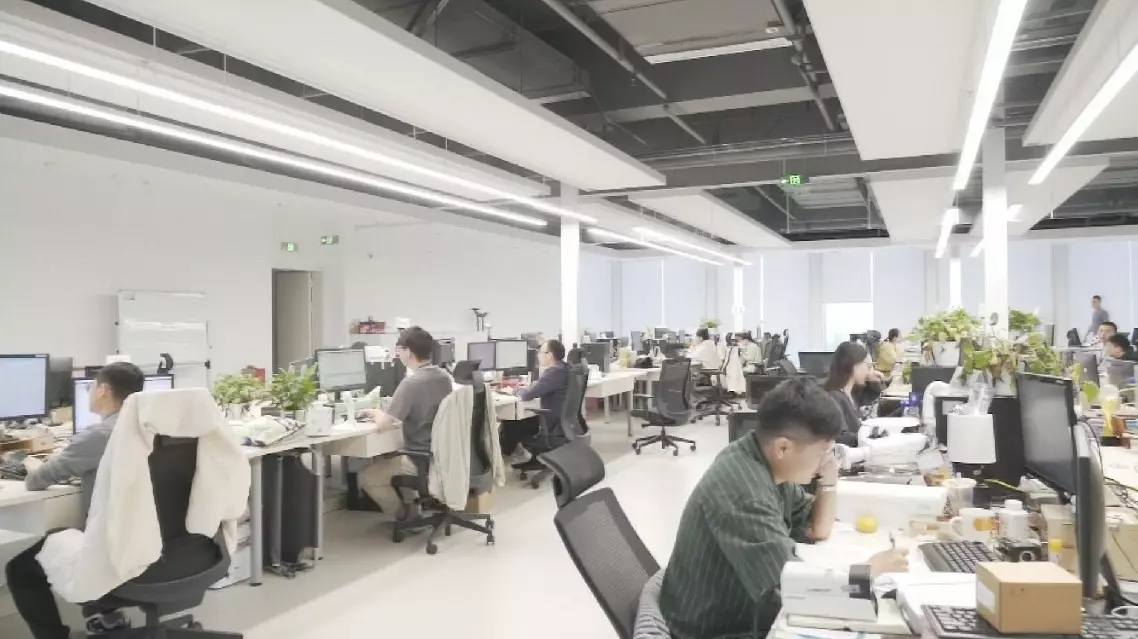
China has world's largest, most advanced 5G network: report


